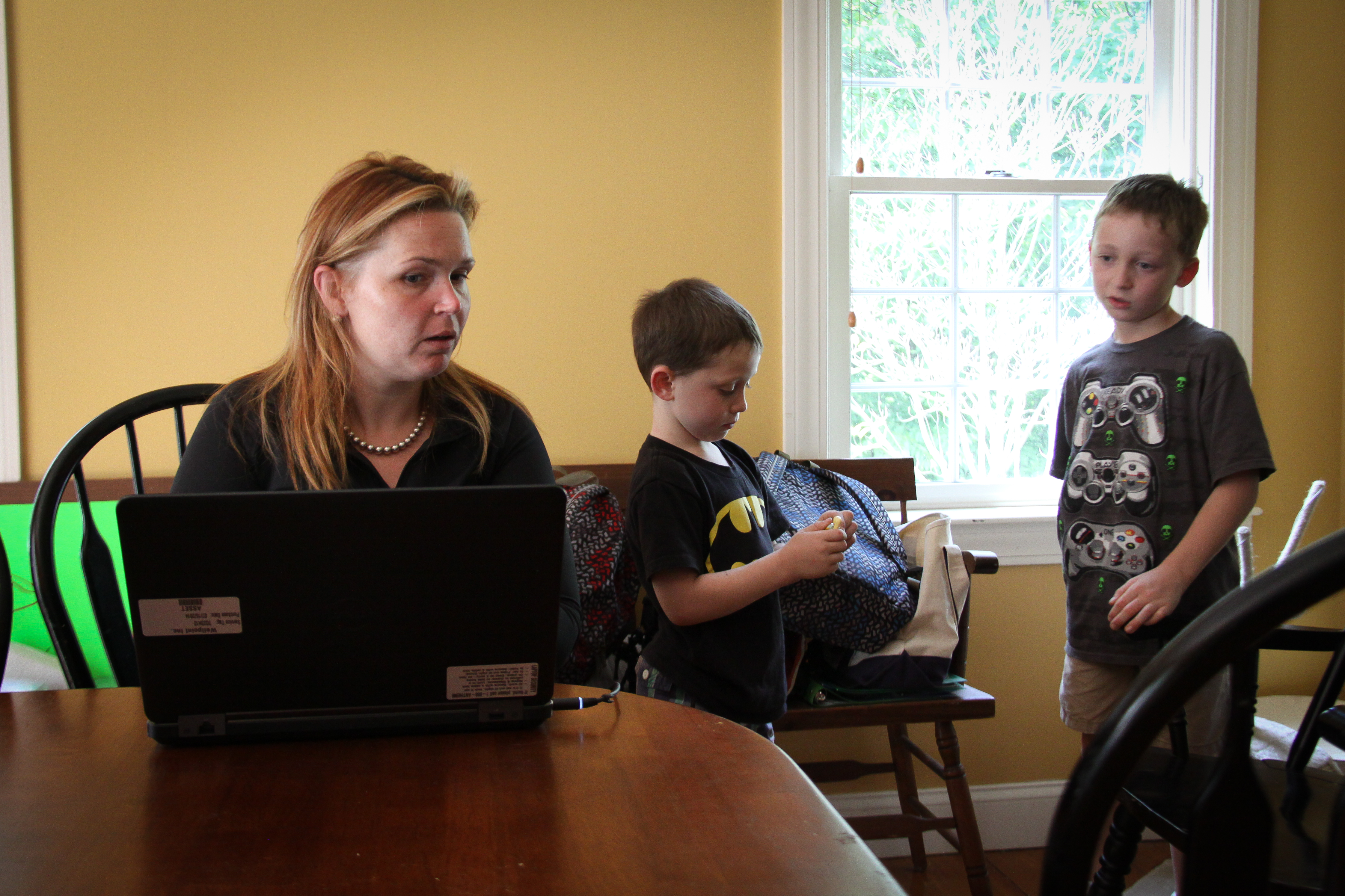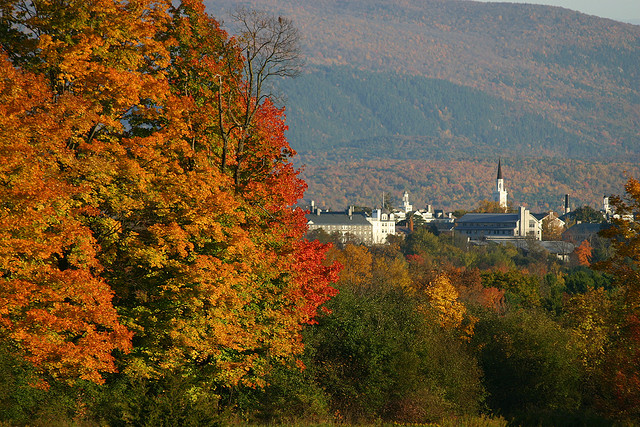new business models

If you're in high school, there's no escaping the college-application madness ― even during the lazy days of summer. Some students are now enrolling in expensive pre-college summer courses they hope will catch the eye of admissions officers they’d like to impress. But experts say it’d be a mistake to think these courses give anyone a leg up in the admissions game.

Corporate America is increasingly partnering with online higher education. First, it was Starbucks and Arizona State University. Then, it was Chrysler-Fiat and Strayer University in Virginia. Just this month, Chipotle got wrapped up in the movement. More businesses are paying for their workers to go to college, and employees are taking advantage of the opportunity.

Harvard President Drew Gilpin Faust is offering to meet with student activists and environmentalists if they end their blockade of her office and stop disrupting university business.
For the past five days, the student-led group Divest Harvard has been blocking Massachusetts Hall, Harvard’s oldest building, demanding the university sell off fossil fuel stocks in its $36 billion endowment. The goal, organizers say, is to address climate change.

Many universities hold large endowments that have significant positions in fossil fuel companies or funds that hold fossil fuel assets. But universities also support most of the research that has identified the existence, nature and consequences of climate change, and the principal purpose of the university is to educate, particularly the young adults who will live and work in the climate of the future.

At Harvard Tuesday morning, environmentalists and student activists expanded their blockade of Massachusetts Hall, blocking University Hall. The protesters are demanding Harvard sell off fossil fuel stocks in its $36 billion endowment. Today, WGBH's Kirk Carapezza explains why divestment is not so easy and how colleges are trying to foster a sensible conversation about climate change.
In schools across the country, it is testing season – an anxiety-provoking time for parents, students and teachers. This year, there’s a new twist to the old stress: beginning Monday about 220,000 Massachusetts students will take a new standardized test – one that is designed to better assess new standards set by the state.













